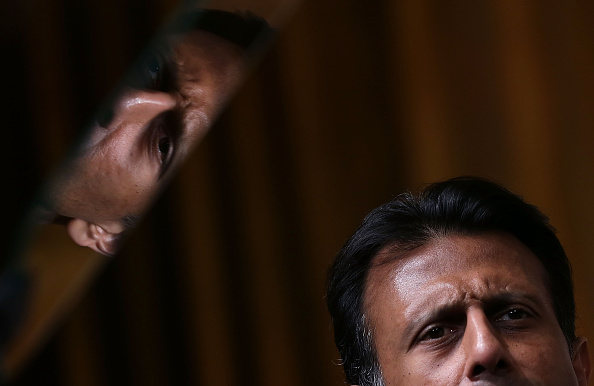
It’s been a long fall from grace for Bobby Jindal.
The Louisiana governor, who will launch his campaign for president on Wednesday in New Orleans, is polling in 15th place among major declared or likely candidates for the Republican nomination. That’s dead last. He’s all but certain to be excluded from the Fox News debate that will kick off the race for the White House on Aug. 6, a painful omission that won’t help his cause.
It wasn’t supposed to be this way. Ever since taking the governor’s mansion in Baton Rouge in 2008, Jindal, now 44, has been hailed as one of the GOP’s rising stars. A brainy young Indian-American, he was tapped to deliver the Republican rebuttal to President Obama’s first address to a joint session of Congress in 2009. In 2012, many conservatives floated him as a potential vice-presidential pick for Mitt Romney. The two-term governor, who had cruised to reelection and stockpiled goodwill among grassroots activists and Establishment donors alike, looked poised to be a player in the 2016 race.
So why does Jindal’s White House bid now seem such a long shot?
It’s easy to trace the start of the slide to speeches he began making at the end of 2012. In the aftermath of Romney’s loss, Jindal brutally excoriated the GOP as a hidebound party, captive to corporate interests and plagued by a pattern of incendiary remarks. Republicans, he declared, must “stop being the stupid party.”
Jindal looked like an apt candidate to lead the transition. A Rhodes Scholar, health-care policy expert and former McKinsey consultant, he launched a national policy group, released white papers and op-eds on everything from foreign policy to energy. He was at the forefront of the GOP in supporting over-the-counter contraception, a bid to counteract the Democrats’ potent “war on women” trope.
Read More: Bobby Jindal: America’s Next Top Columnist
“We need to stop being simplistic, we need to trust the intelligence of the American people and we need to stop insulting the intelligence of the voters,” he told Politico after Obama’s re-election.
But the truth-telling shtick didn’t last long. Soon the Ivy-league biology major was punting questions about evolution and climate change to shore up his standing with social conservatives. A governor with a glittering resume became better known to Americans as the defender of Duck Dynasty. Once a supporter of Common Core education standards, he watched conservatives turn against the program and launched a campaign to kill it in his state, home to one of the worst public education systems in the country. (Jindal has dramatically expanded school choice during his tenure.)
It wasn’t only that the turnabout struck some as inauthentic. It also forced Jindal to compete in a crowded space for donors and voter support. His pitch to voters centers on core fiscal and social conservative principles, a field occupied by more dynamic candidates like Sen. Ted Cruz of Texas and better-known ones like retired neurosurgeon Ben Carson and former Texas Gov. Rick Perry, who Jindal endorsed for President in 2011.
Read More: Why a Bobby Jindal Portrait Sparked a Racial Controversy
Back home, Jindal’s support has cratered at the worst possible time. The Louisiana governor has watched his approval rating slip into the 30s; a recent poll showed him trailing Hillary Clinton in the GOP stronghold. The budget is a mess, and he’s alienated allies by spending long stretches away from the state to tend to his national ambitions. “Bobby spotted at the capitol,” Republican state senator Dan Claitor tweeted on April 1. “(April Fool).”
Jindal still has the policy chops and conservative credentials to snap his slide. He’s cut the budget, pushed school choice and privatized state hospitals. In recent months he’s refined a stump speech that earns rave reviews from the GOP faithful. There’s no question he has the potential to catch a wave like a succession of lesser candidates enjoyed in 2012.
“Why has he not caught fire? He is not a candidate yet,” says a Jindal adviser. “When he gets into this race he will be the least-known candidate. He has only room to grow.”
“He’s been underestimated before,” the adviser adds, “and every time he’s won and he’s crushed the opposition.”
At the very least, he has nowhere to go but up.
Photos: The Curse of the State of the Union Response
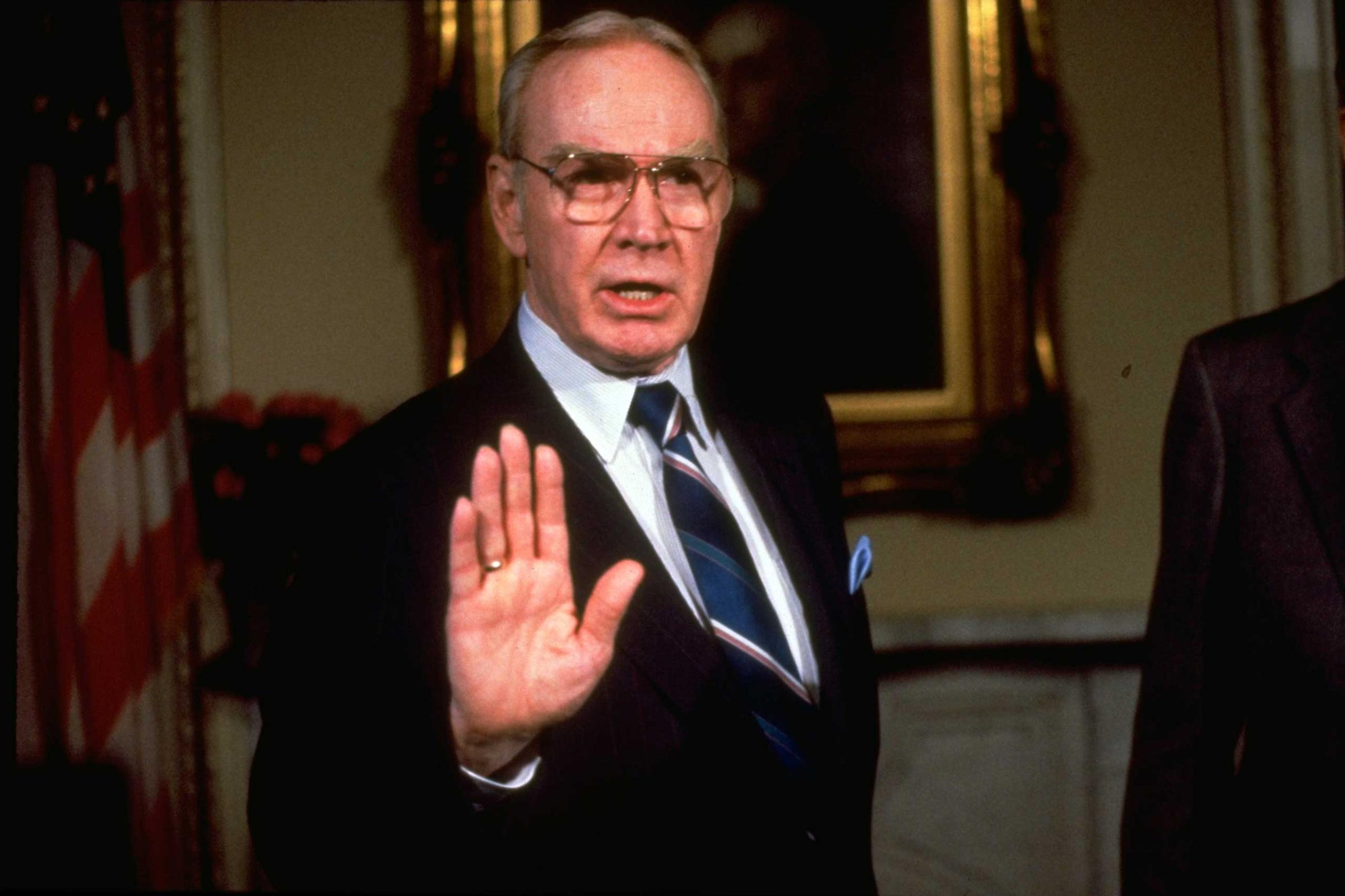
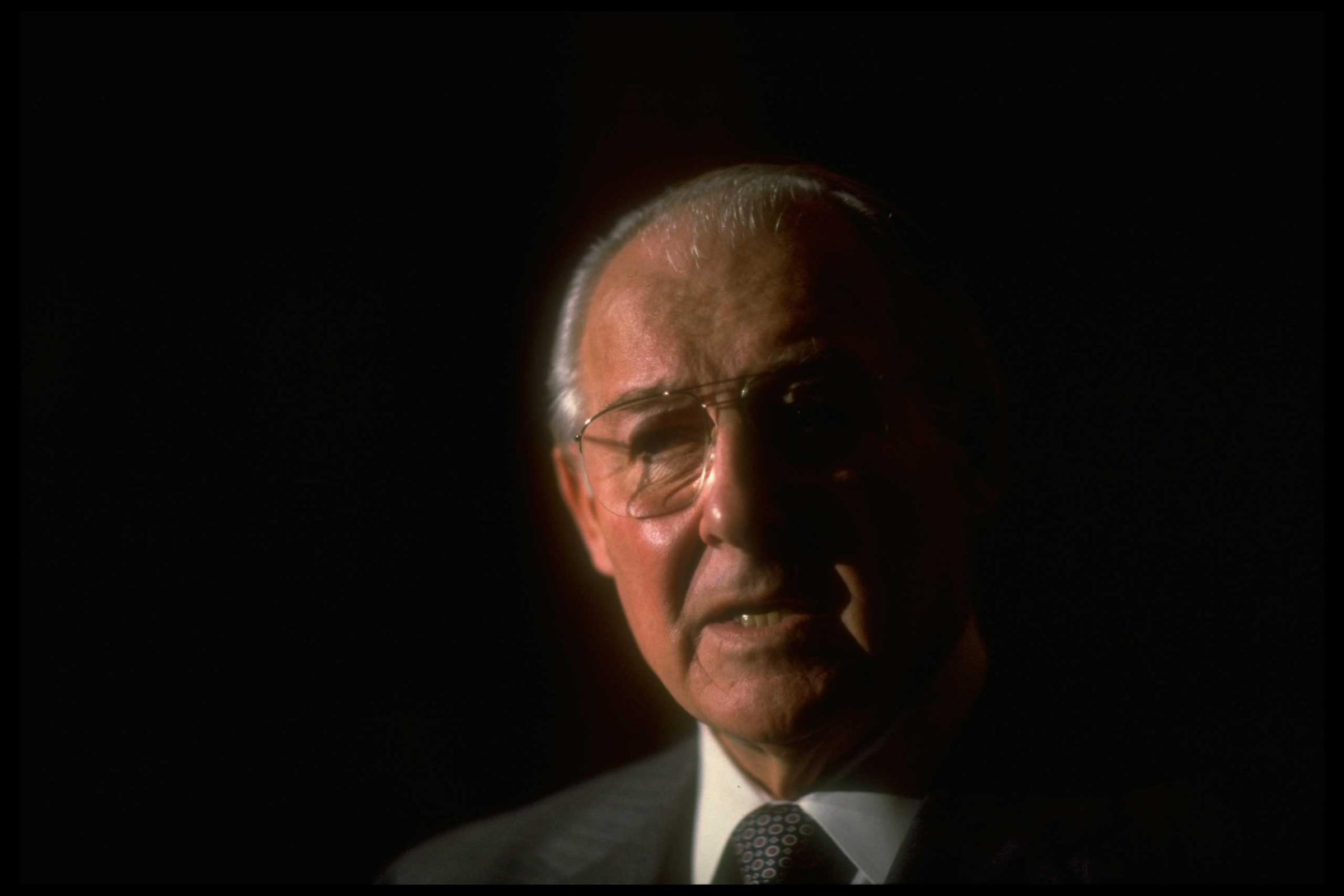
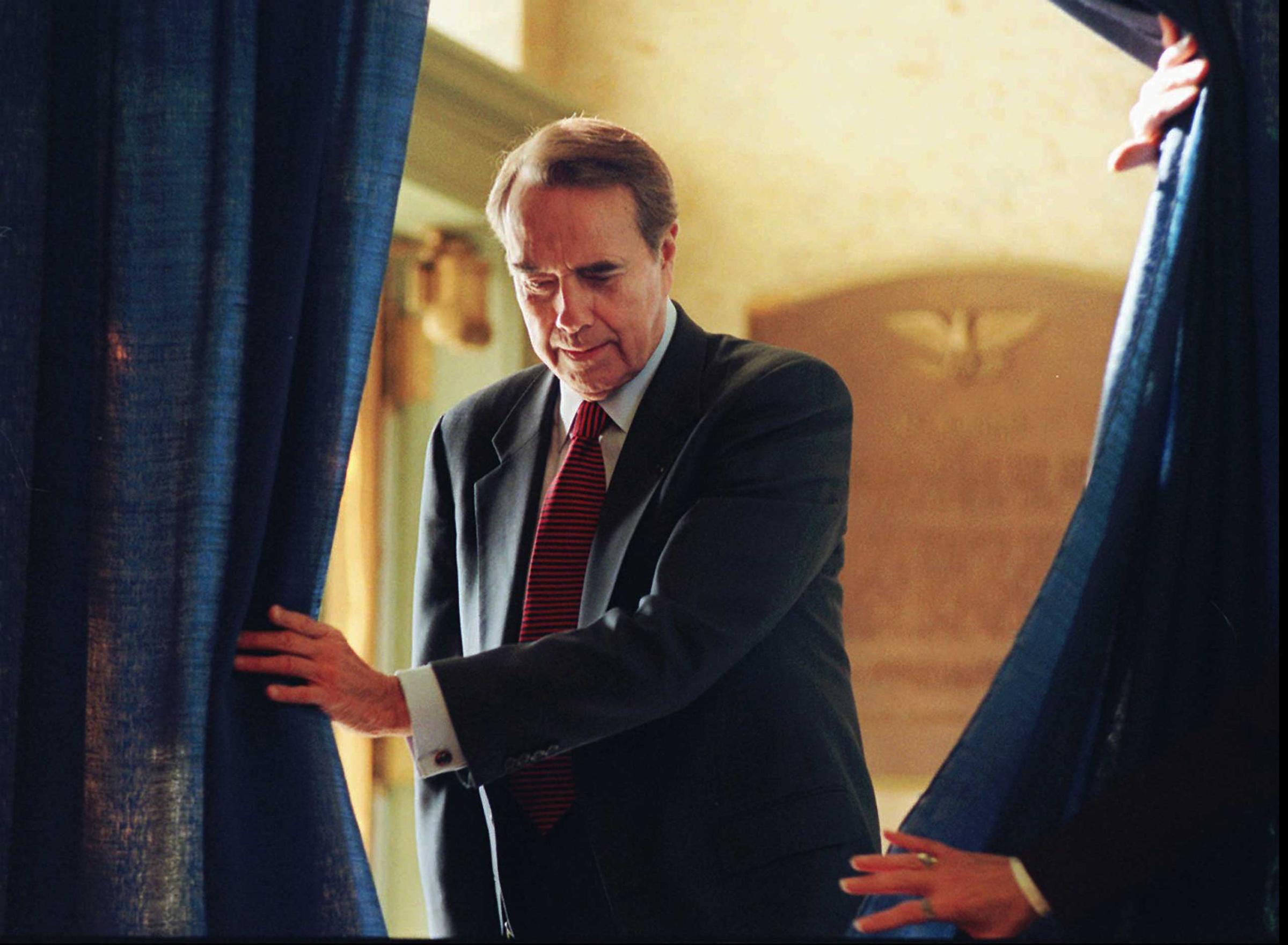
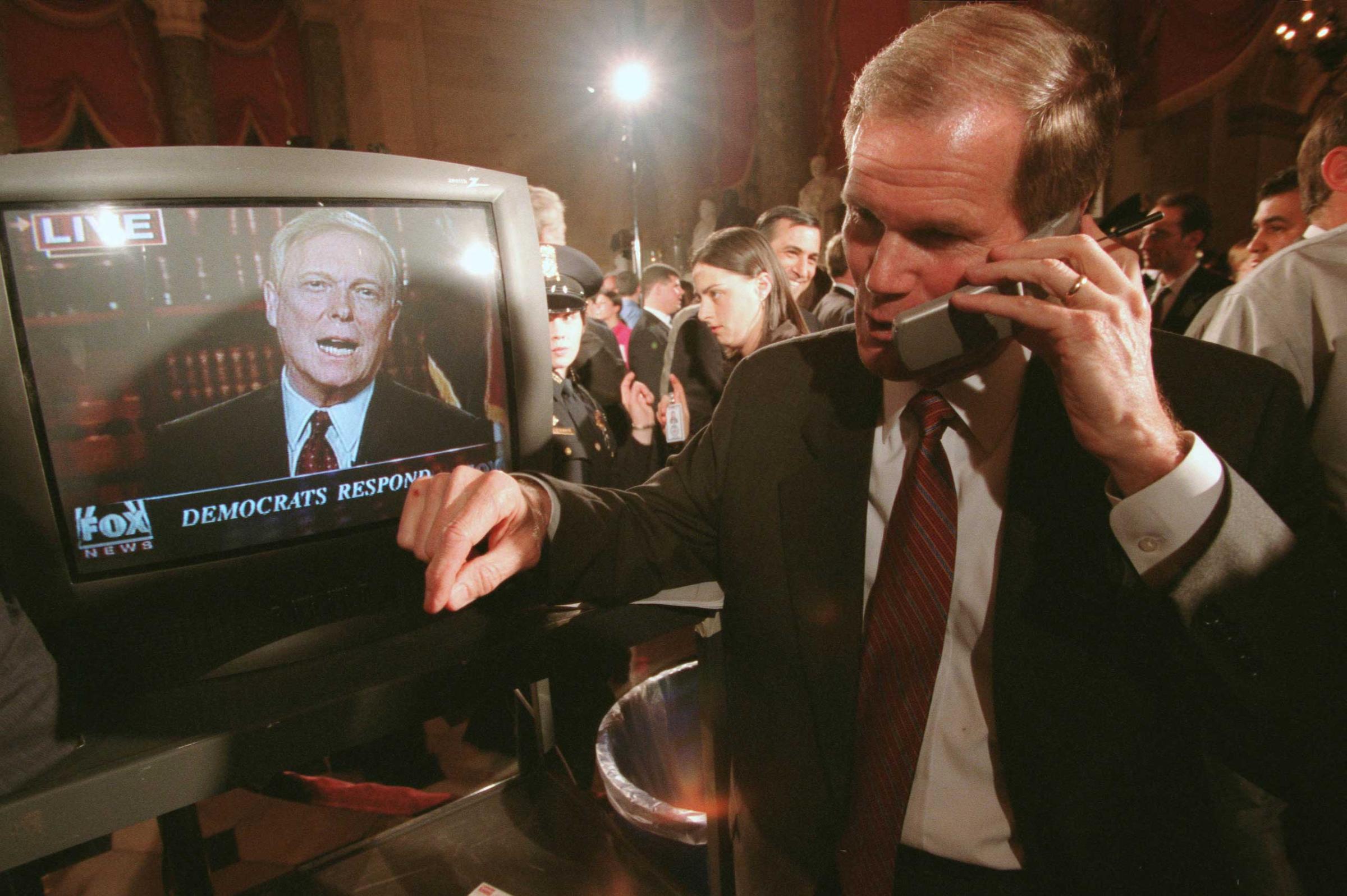
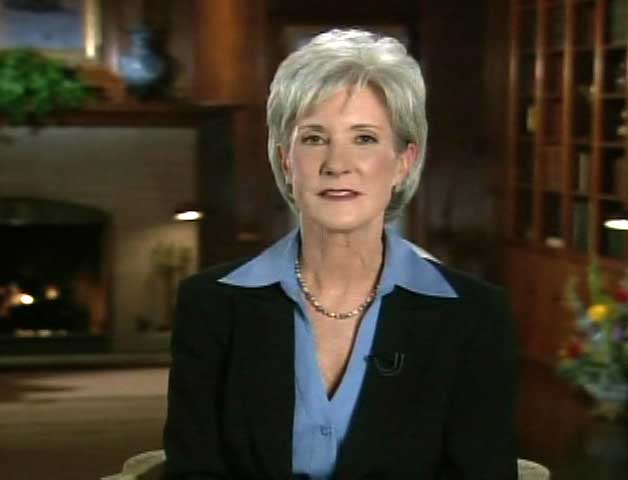
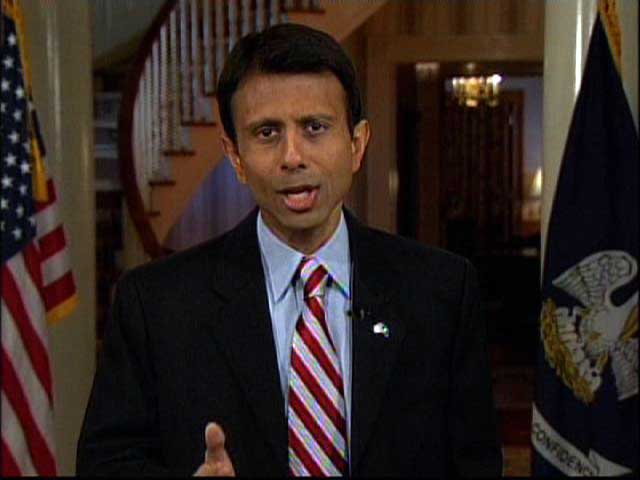
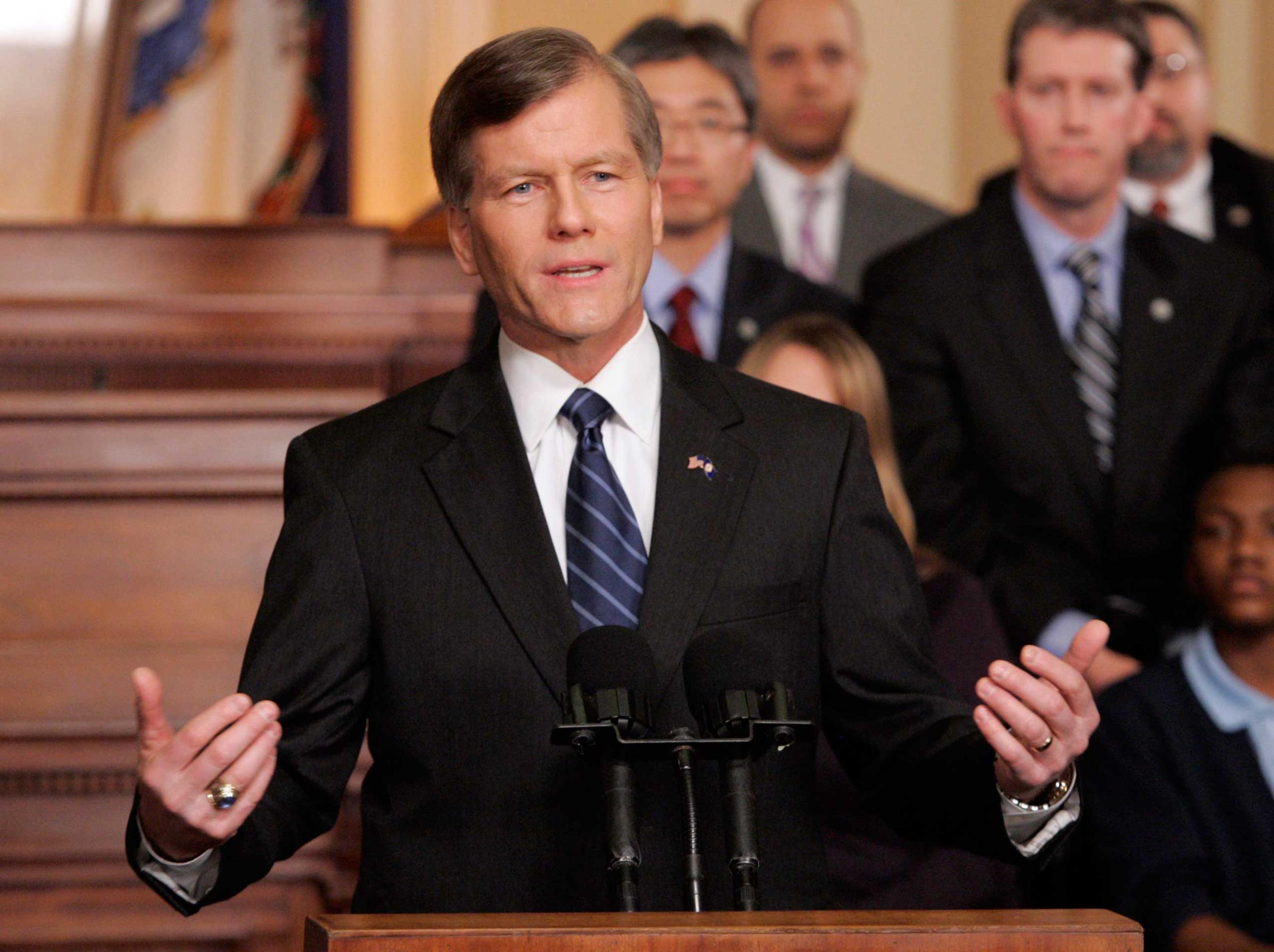
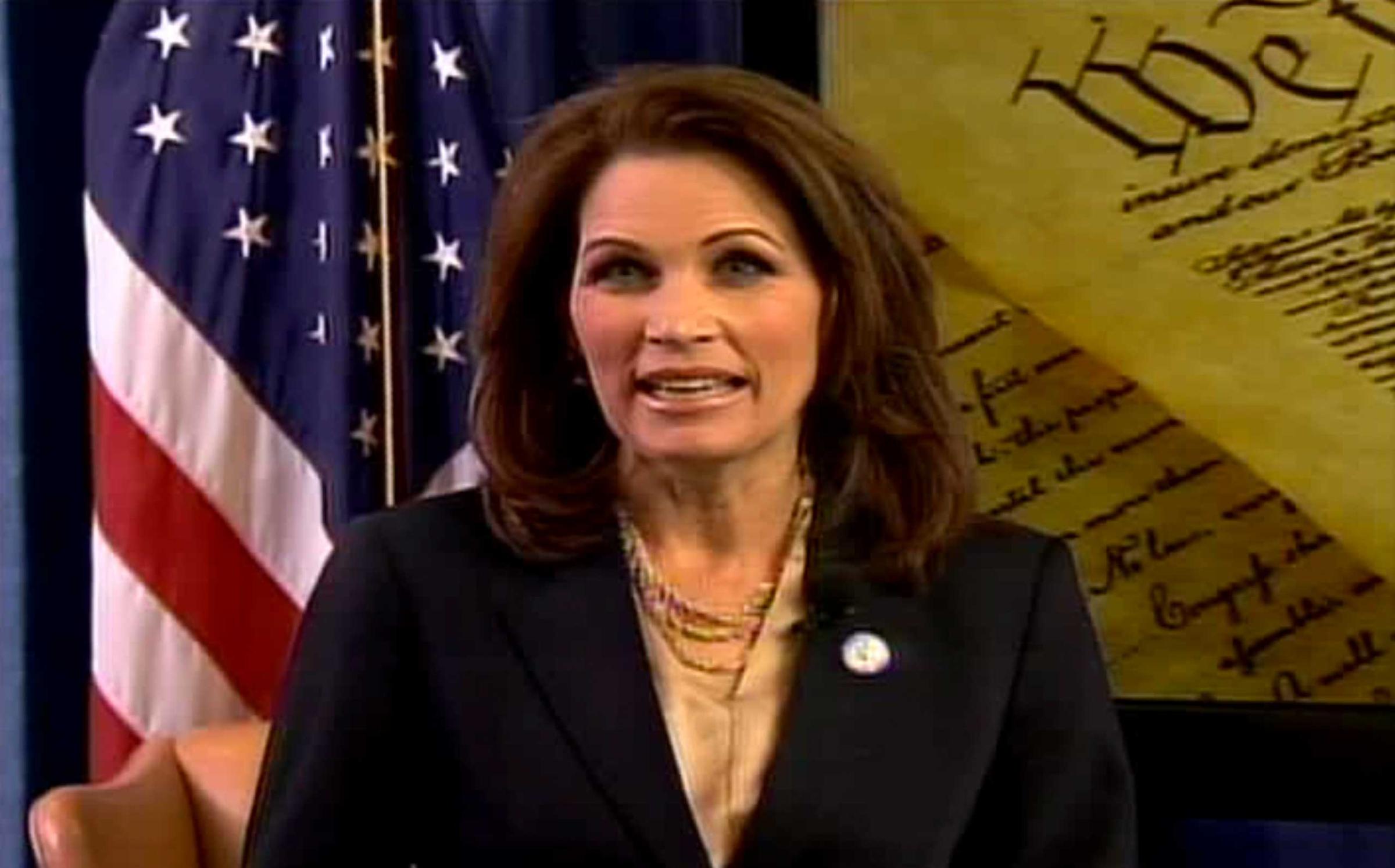
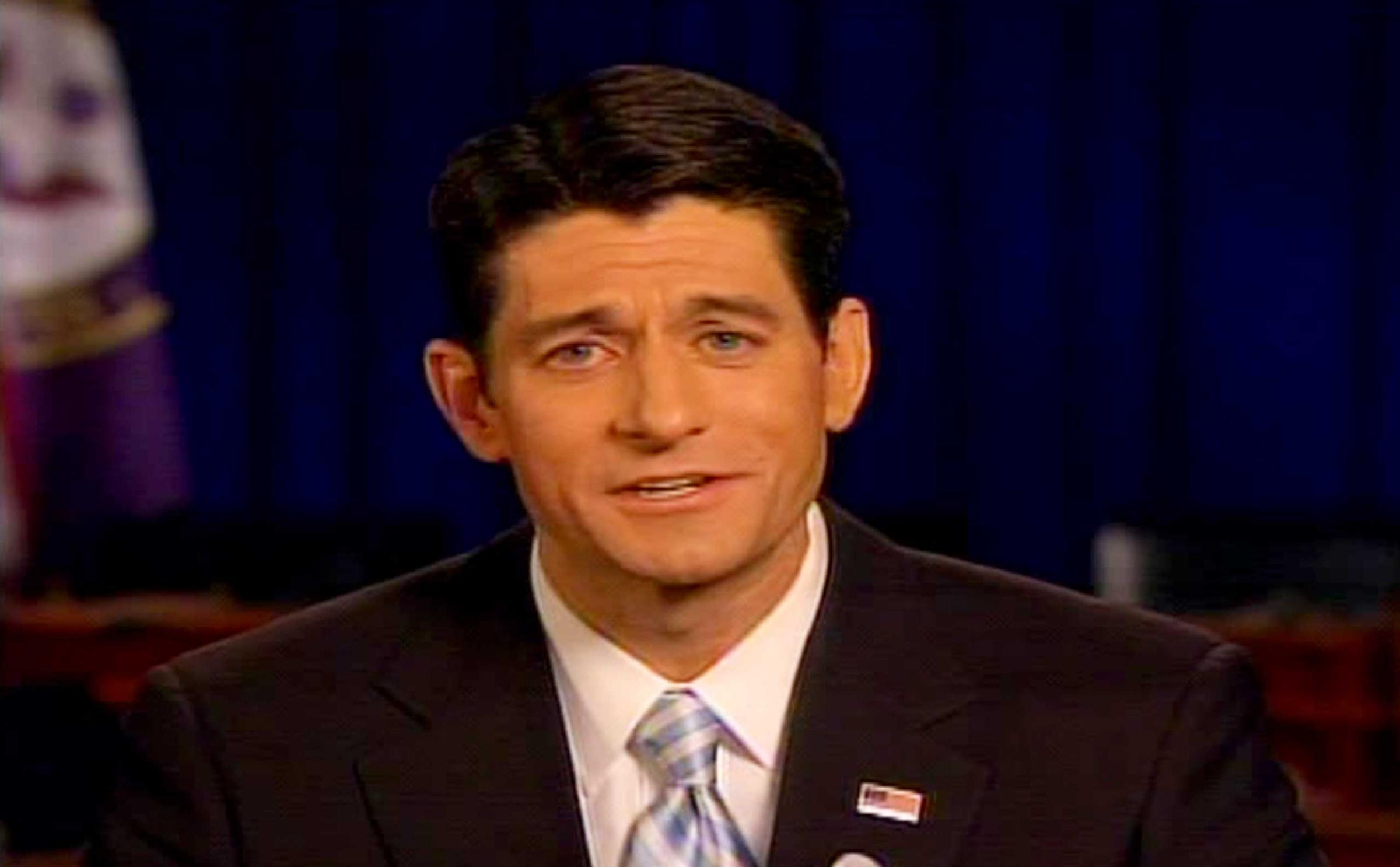
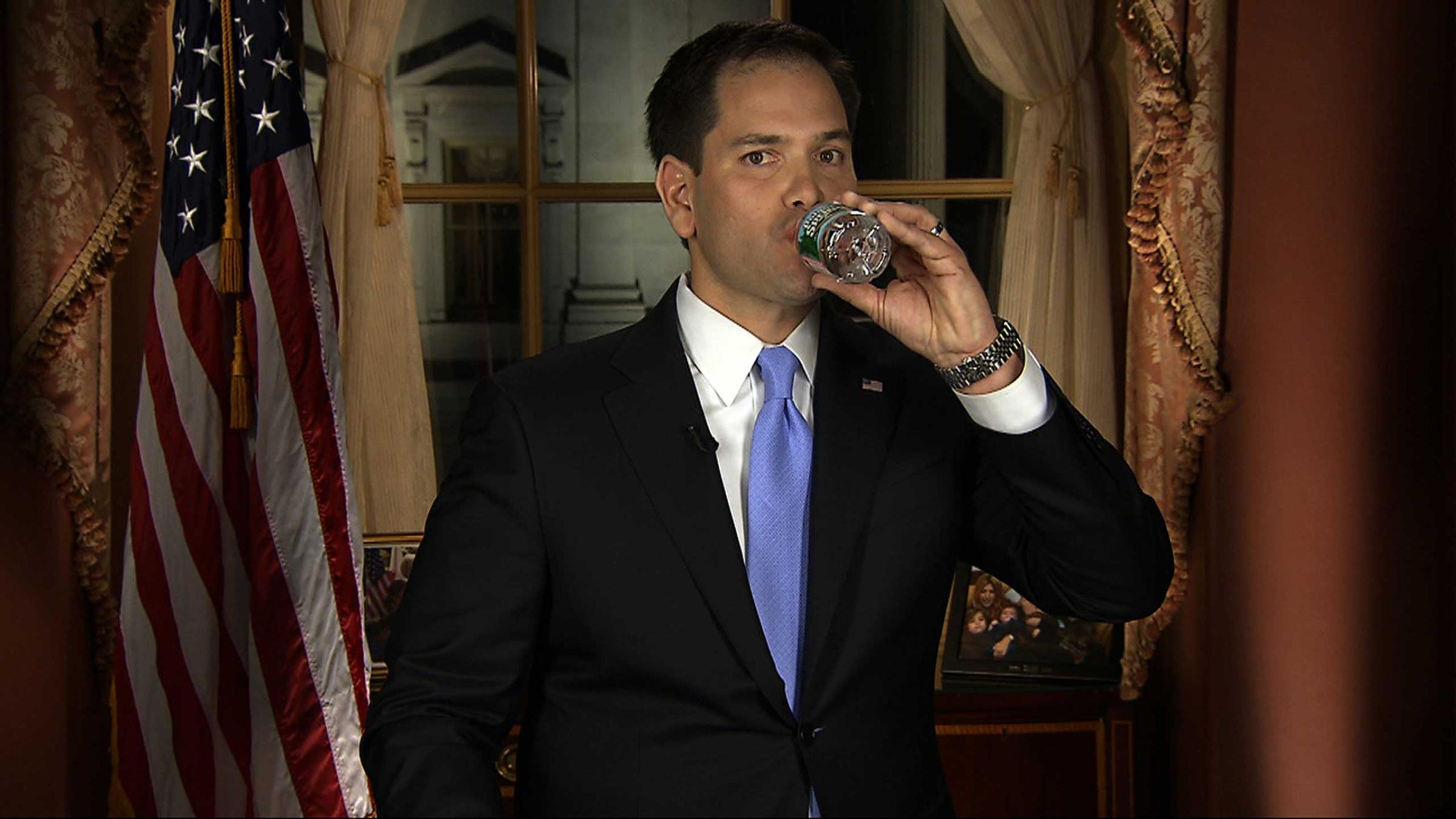
More Must-Reads From TIME
- Dua Lipa Manifested All of This
- Exclusive: Google Workers Revolt Over $1.2 Billion Contract With Israel
- Stop Looking for Your Forever Home
- The Sympathizer Counters 50 Years of Hollywood Vietnam War Narratives
- The Bliss of Seeing the Eclipse From Cleveland
- Hormonal Birth Control Doesn’t Deserve Its Bad Reputation
- The Best TV Shows to Watch on Peacock
- Want Weekly Recs on What to Watch, Read, and More? Sign Up for Worth Your Time
Write to Alex Altman at alex_altman@timemagazine.com